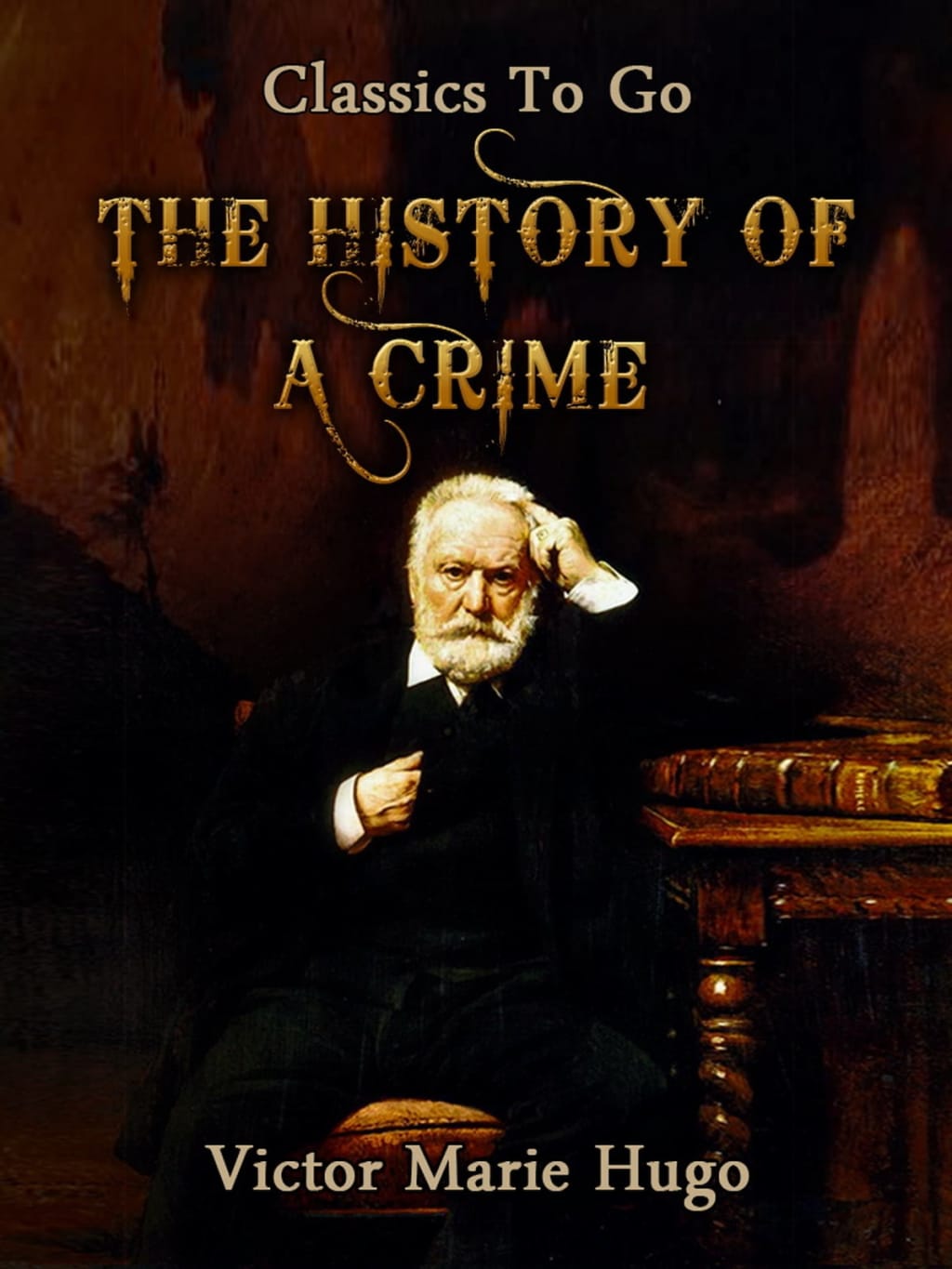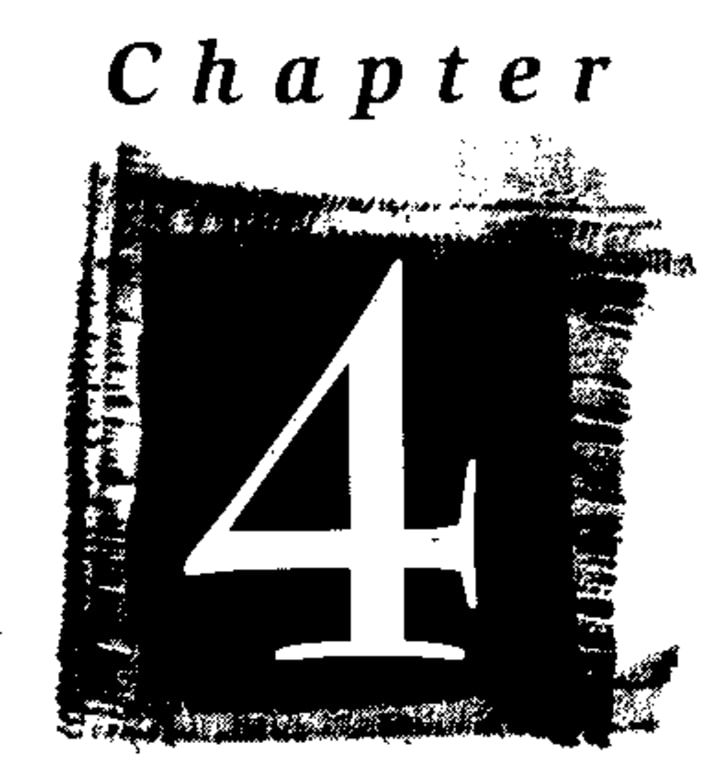THE HISTORY OF A CRIME BY VICTOR HUGO —THE FIRST DAY— CHAPTER IV
VICTOR HUGO

"The History of a Crime" is a memoir written by the French author Victor Hugo, first published in 1877. The book tells the story of the downfall of Napoleon III's Second Empire, from its peak in the early 1860s to its collapse following France's defeat in the Franco-Prussian War of 1870-71.

CHAPTER IV.
OTHER DOINGS OF THE NIGHT During the same night in all parts of Paris acts of brigandage took place. Unknown men leading armed troops, and themselves armed with hatchets, mallets, pincers, crow bars, life-preservers, swords hidden under their coats, pistols, of which the butts could be distinguished under the folds of their cloaks, arrived in silence before a house, occupied the street, encircled the approaches, picked the lock of the door, tied up the porter, invaded the stairs, and burst through the doors upon a sleeping man, and when that man, awakening with a start, asked of these bandits, "Who are you?" their leader answered, "A Commissary of Police." So it happened to Lamoricière who was seized by Blanchet, who threatened him with the gag; to Greppo, who was brutally treated and thrown down by Gronfier, assisted by six men carrying a dark lantern and a pole-axe; to Cavaignac, who was secured by Colin, a smooth-tongued villain, who affected to be shocked on hearing him curse and swear; to M. Thiers, who was arrested by Hubaut (the elder); who professed that he had seen him "tremble and weep," thus adding falsehood to crime; to Valentin, who was assailed in his bed by Dourlens, taken by the feet and shoulders, and thrust into a padlocked police van; to Miot, destined to the tortures of African casemates; to Roger (du Nord), who with courageous and witty irony offered sherry to the bandits. Charras and Changarnier were taken unawares.
They lived in the Rue St. Honoré, nearly opposite to each other, Changarnier at No. 3, Charras at No. 14. Ever since the 9th of September Changarnier had dismissed the fifteen men armed to the teeth by whom he had hitherto been guarded during the night, and on the 1st December, as we have said, Charras had unloaded his pistols. These empty pistols were lying on the table when they came to arrest him. The Commissary of Police threw himself upon them. "Idiot," said Charras to him, "if they had been loaded, you would have been a dead man." These pistols, we may note, had been given to Charras upon the taking of Mascara by General Renaud, who at the moment of Charras' arrest was on horseback in the street helping to carry out the coup d'état. If these pistols had remained loaded, and if General Renaud had had the task of arresting Charras, it would have been curious if Renaud's pistols had killed Renaud.
Charras assuredly would not have hesitated. We have already mentioned the names of these police rascals. It is useless to repeat them. It was Courtille who arrested Charras, Lerat who arrested Changarnier, Desgranges who arrested Nadaud. The men thus seized in their own houses were Representatives of the people; they were inviolable, so that to the crime of the violation of their persons was added this high treason, the violation of the Constitution. There was no lack of impudence in the perpetration of these outrages. The police agents made merry. Some of these droll fellows jested. At Mazas the under-jailors jeered at Thiers, Nadaud reprimanded them severely.
The Sieur Hubaut (the younger) awoke General Bedeau. "General, you are a prisoner."—"My person is inviolable."— "Unless you are caught red-handed, in the very act."—"Well," said Bedeau, "I am caught in the act, the heinous act of being asleep." They took him by the collar and dragged him to a fiacre. On meeting together at Mazas, Nadaud grasped the hand of Greppo, and Lagrange grasped the hand of Lamoricière. This made the police gentry laugh. A colonel, named Thirion, wearing a commander's cross round his neck, helped to put the Generals and the Representatives into jail. "Look me in the face," said Charras to him. Thirion moved away. Thus, without counting other arrests which took place later on, there were imprisoned during the night of the 2d of December, sixteen Representatives and seventy-eight citizens. The two agents of the crime furnished a report of it to Louis Bonaparte. Morny wrote "Boxed up;" Maupas wrote "Quadded." The one in drawing-room slang, the other in the slang of the galleys. Subtle gradations of language
About the Creator
Jananan Sandajeshan
As a book reviewer and writer, I am dedicated to sharing my love of literature with others. I believe that books have the power to educate, inspire, and transform us, and I'm committed to helping readers find the stories that resonate most.






Comments
There are no comments for this story
Be the first to respond and start the conversation.